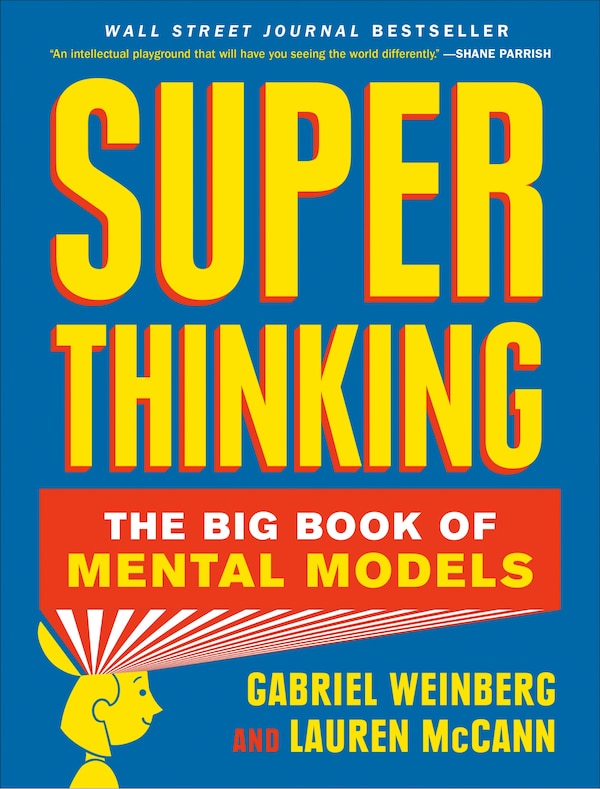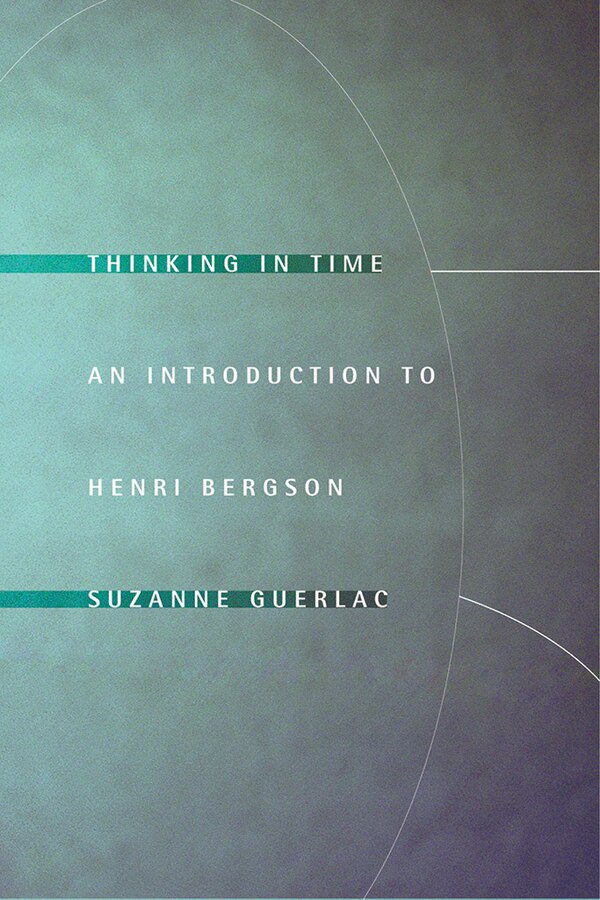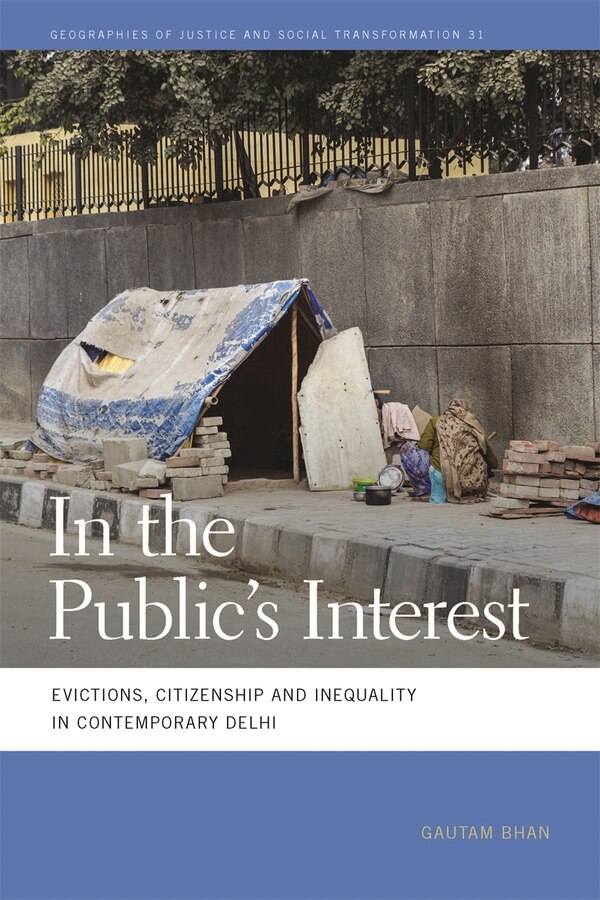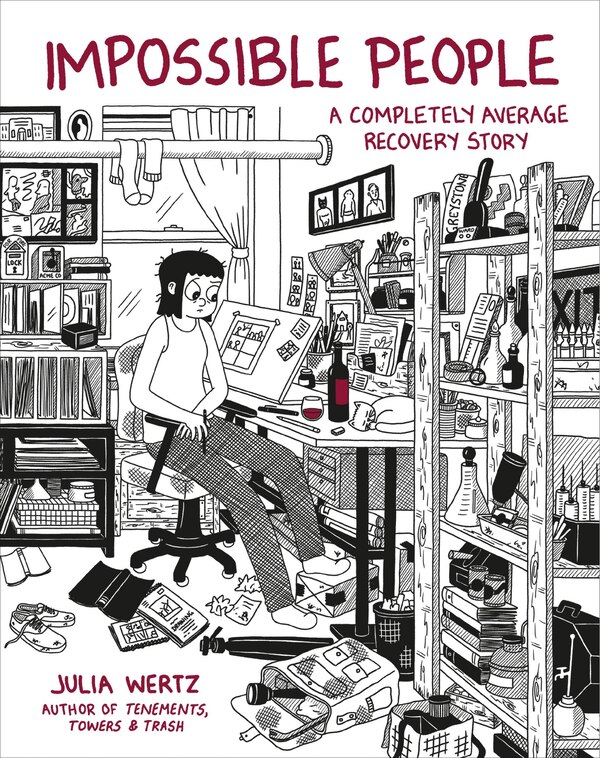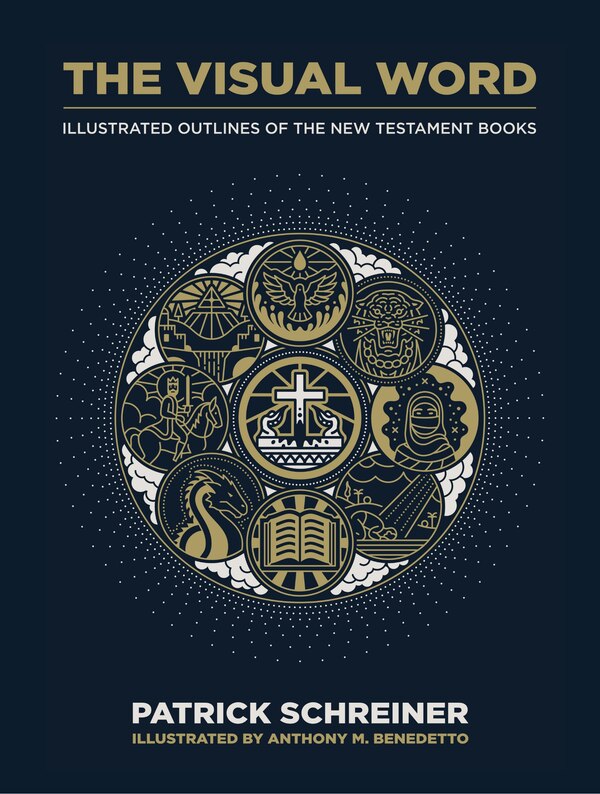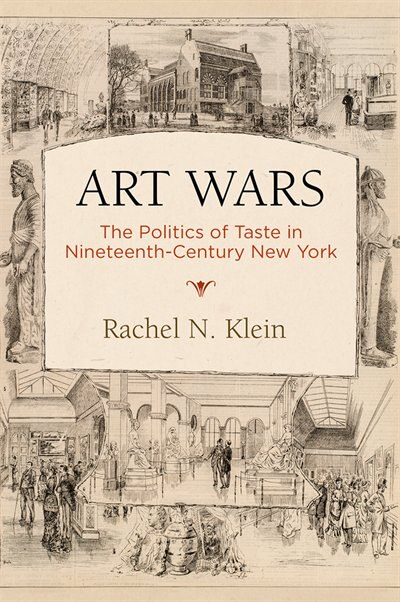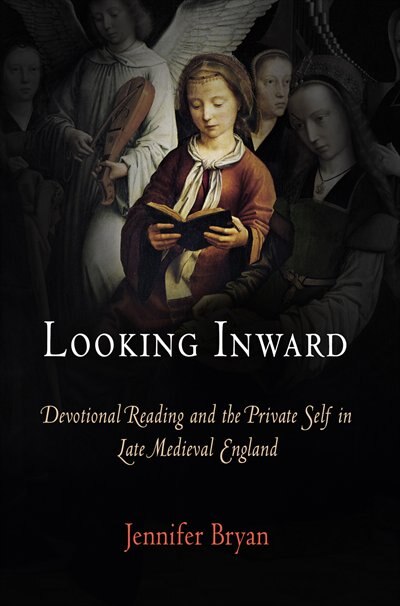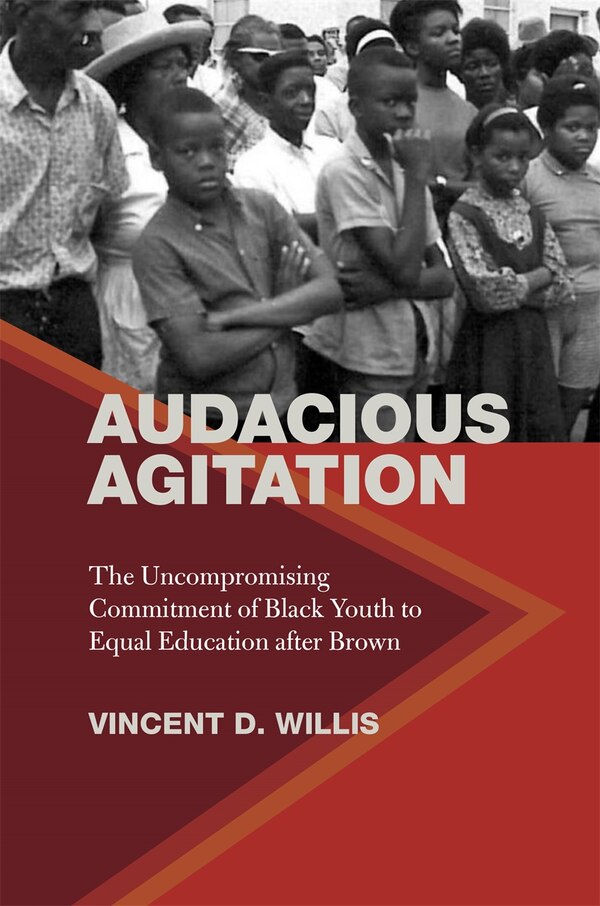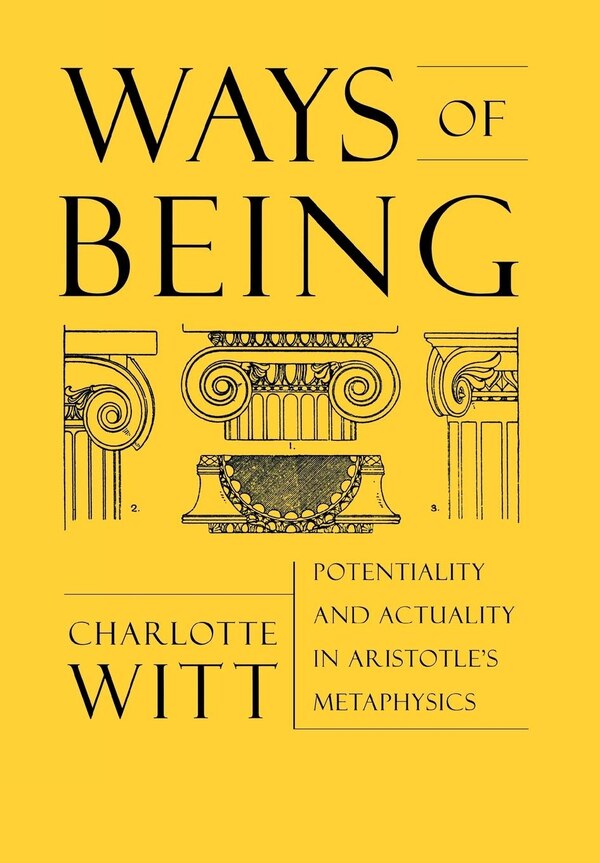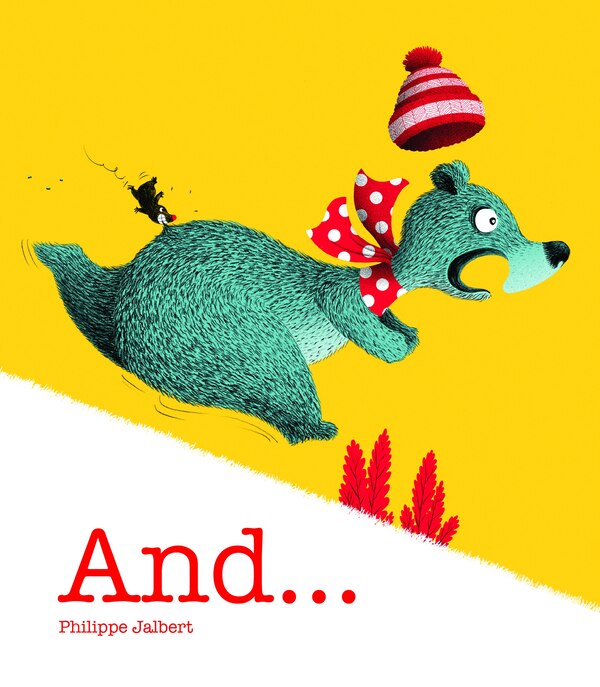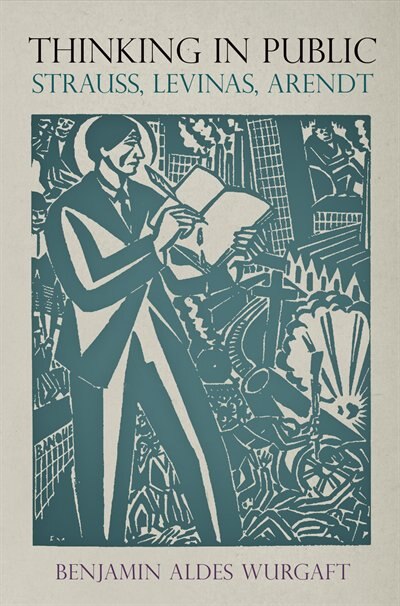
Compare Thinking In Public by Benjamin Aldes Wurgaft, Paper over Board | Indigo Chapters
Benjamin Aldes Wurgaft
$129.99
Long before we began to speak of "public intellectuals," the ideas of "the public" and "the intellectual" raised consternation among many European philosophers and political theorists. Thinking in Public examines the ambivalence these linked ideas provoked in the generation of European Jewish thinkers born around 1900. By comparing the lives and works of Hannah Arendt, Emmanuel Levinas, and Leo Strauss, who grew up in the wake of the Dreyfus Affair and studied with the philosopher—and sometime National Socialist—Martin Heidegger, Benjamin Aldes Wurgaft offers a strikingly new perspective on the relationship between philosophers and politics. Rather than celebrate or condemn the figure of the intellectual, Wurgaft argues that the stories we tell about intellectuals and their publics are useful barometers of our political hopes and fears. What ideas about philosophy itself, and about the public's capacity for reasoned discussion, are contained in these stories? And what work do we think philosophers and other thinkers can and should accomplish in the world beyond the classroom? The differences between Arendt, Levinas, and Strauss were great, but Wurgaft shows that all three came to believe that the question of the social role of the philosopher was the question of their century. The figure of the intellectual was not an ideal to be emulated but rather a provocation inviting these three thinkers to ask whether truth and politics could ever be harmonized, whether philosophy was a fundamentally worldly or unworldly practice. | Thinking In Public by Benjamin Aldes Wurgaft, Paper over Board | Indigo Chapters

